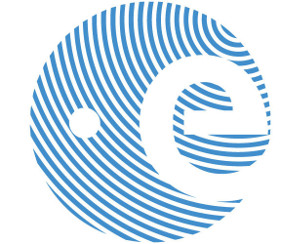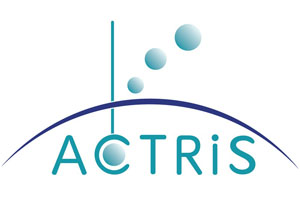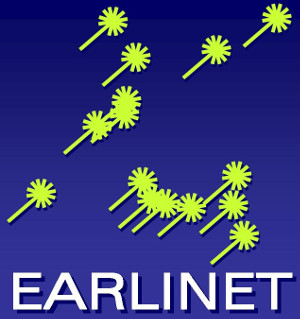Georgia Tech
Website: http://nenes.eas.gatech.edu/
Georgia Tech is a science and technology-focused learning institute renowned for its deeply-held commitment to improving the human condition. Its faculty and students are solving some of the world’s most pressing challenges: clean and sustainable energy; disease diagnosis and treatment; and national defense and security, among others. It regularly ranked as one of the top ten public universities in the United States by U.S. News & World Report.
The research group of Athanasios Nenes, participating in this campaign is specialized in the effect of human activity on climate. Humans influence climate in numerous ways; the effect of some is to cool the planet, and of others, to heat it. The significance of some components (such as the warming effect of carbon dioxide) is well understood and quantified; other components are subject to high uncertainty. Aerosols (airborne particulate matter) belong to the latter. The consensus in the scientific community is that aerosols have an overall cooling effect (comparable to the warming from greenhouse gases), but quantitative estimates of their effect are still highly uncertain. A large amount of this uncertainty originates from their effect on clouds (the aerosol "indirect effect"). Clouds have a strong influence on the Earth's radiative balance, but are poorly represented in current climate models. Since cloud droplets and ice crystals form on preexisting aerosol particles (thus having a strong effect on the resulting cloud properties), it is easy to see why quantitative estimates of the aerosol effect are so uncertain.

Contributing instruments
| Instrument | PI |
|---|---|
| CCN instrument | Athanasios Nenes |
Recent activity
News
- ITaRS participation in CHARADMExp (Jul 10th)
- UAV measurements (video) (Jul 1st)
- Cyprus Institute UAVs are heading to Sitia's airport (Jun 26th)
- Saharan dust is approaching (Jun 24th)
- Getting prepared for UAV flights over Crete (Jun 23rd)
Uploaded data
- HALO realtime (Sep 9th)
- FLEXPART (Jul 31st)
- WRF WIND (Jul 31st)
- WRF WIND (Jul 31st)
- WRF WIND (Jul 31st)



